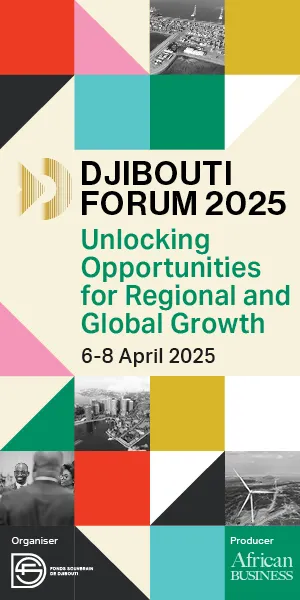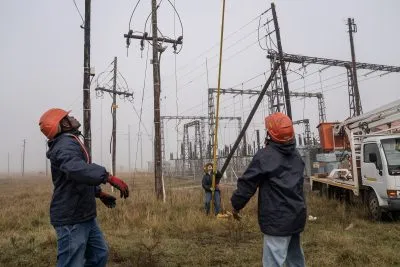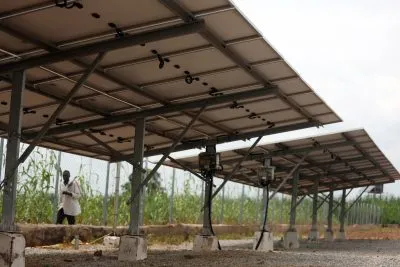Given its climatic conditions, with plentiful rainfall complementing warm year-round temperatures in much of the country, Cameroon has the potential to build on its established agricultural sectors to boost crop exports and promote greater domestic food security.
However, improved irrigation infrastructure is needed in the more arid parts of the country to allow these areas to take advantage of this potential.
In November, the International Development Association of the World Bank agreed a $200m loan to support the development of irrigation infrastructure in Cameroon’s Logone River Valley in the far north of the country.
The financing aims to support regional water security and governance of water resources, mainly through rehabilitation of irrigation and drainage infrastructure and support to water users’ associations.
It will also promote agriculture and agribusiness production and support the implementation of a new rice cultivation plan.
The Logone Valley is located in the Lake Chad Basin, which has been badly affected by severe environmental problems, including the rapid shrinkage of Lake Chad, as well as instability caused by Islamist militants Boko Haram.
Abdoulaye Seck, World Bank Country Director for Cameroon, said: “Irrigation is fundamental to ensure food security and contribute to reducing the risk of conflicts in this Sudano-Sahelian agroecological zone which is the most ecologically fragile and the most vulnerable to climatic shocks.”
Leading cocoa producer
Cameroon is the fourth biggest cocoa producer in Africa and ranks fifth in the world, behind Côte d’Ivoire, Ghana, Indonesia and Nigeria. A series of ambitious production targets have been set but output continues to fluctuate from year to year. National production increased from 257,000 tons in the 2019-20 season to 292,000 in 2020-21 but the Bank Of Central African States (BEAC) has warned that this may not be matched in the current season. It attributed part of the likely fall to ongoing insecurity in the Southwest.
In November, Cameroon hosted talks with the European Union over encouraging more sustainable cocoa cultivation that would ban the use of child labour and guarantee a minimum income for farmers. Just 2% of the $100bn generated annually by the cocoa sector currently goes to farmers, with chocolate producers taking 35%.
Cameroon’s Minister of Trade Luc Magloire Mbarga Atangana noted: “Sustainability means protecting the environment. But sustainability also implies the survival of producers. This brings us to the fundamental question of the remuneration of those producers.”
A cocoa academy to be named the Ecole d’Excellence Cacaoyère is to be set up in Cameroon with the support of French chocolatiers with the aim of producing consistenly high quality cocoa in return for guaranteed higher prices. At present, Cameroonian cocoa is sold at lower average prices than Ghanaian or Ivorian production.
The banana sector enjoyed significant growth in 2021, with exports rising to 198,000 tons over the year, an increase of 10,750 tons on the previous year. The rise appears almost entirely due to the resumption of production by the state owned Cameroon Development Corporation (CDC), which was forced to cease its operations in the Southwest in September 2018 because of conflict in the area, but which has now resumed production.
However, Plantations du Haut Penja, which is an offshoot of French firm Compagnie Fruitière de Marseille, remains by far the country’s biggest banana exporter. It shipped 167,000 tons in 2021, almost exactly the same as in the previous year, although it enjoyed a particularly strong end to 2021. Under its 2020-30 national development strategy, the government has set a target of boosting output to 500,000 tons/year by 2030.
This article is part of a special report supported by Stratline Communications and investiraucameroun.com. The editorial content was commissioned separately and produced independently of any third party.
Want to continue reading? Subscribe today.
You've read all your free articles for this month! Subscribe now to enjoy full access to our content.
Digital Monthly
£8.00 / month
Receive full unlimited access to our articles, opinions, podcasts and more.
Digital Yearly
£70.00 / year
Our best value offer - save £26 and gain access to all of our digital content for an entire year!
 Sign in with Google
Sign in with Google 




